I was pleasantly surprised by the performance of this film. It's Ridley Scott's best medieval-themed film since "Gladiator," but it's not just another war film; it delves into the aftermath of a woman having been raped, who complains to the superior through her husband's identity, sparking a series of public inquiries culminating in a final duel.
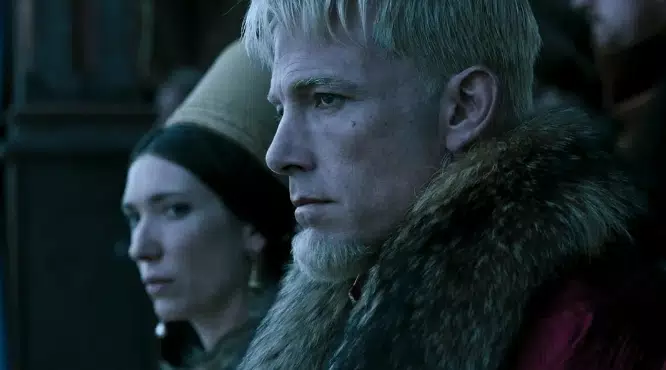
The Last Duel" unfolds through three perspectives, akin to "Rashomon," where each character holds their own account of events. However, unlike "Rashomon," this film upholds a definitive truth. Through this, viewers can discern the contrast between the male and female perspectives portrayed in recurring scenes. The male characters tend to weigh the pros and cons, whereas the female character pursues justice more directly. These differing viewpoints naturally lead to varied interpretations and reveal vested interests. In the film's two-and-a-half-hour span, Ridley Scott dedicates over 40 minutes each to the two male perspectives and a full hour to Jodie Comer's perspective till the end.
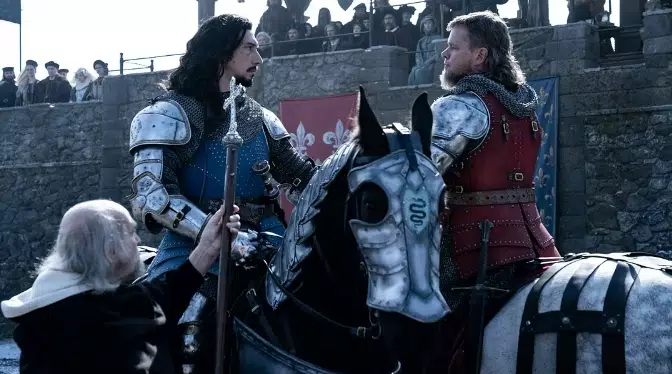
The first two are presented through Matt Damon and Adam Driver, showcasing the gradual erosion of friendship due to power and desire, as well as what leads to the breaking point, the rape of the wife portrayed by Jodie Comer. Comer's perspective reveals minute differences and unravels the ins and outs, compared to two male perspectives showing partial truths: the way shoes are removed, the eye contact during greetings, the husband's responses and care after revealing the assault, and so on.
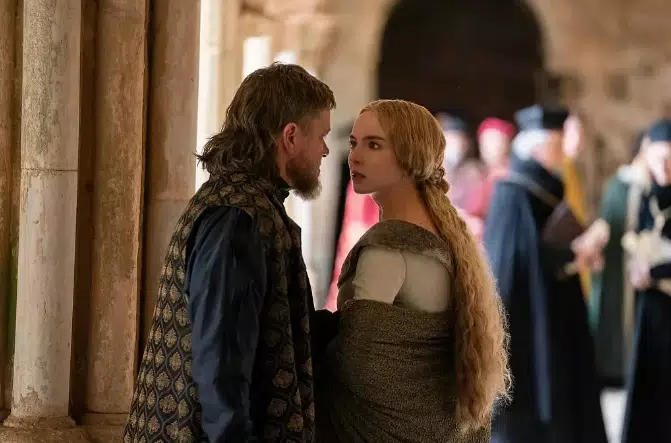
The film is adapted from the novel "The Last Duel: A True Story of Trial by Combat in Medieval France," the last officially sanctioned duel in France. Undoubtedly, this is Ridley Scott's best work since "The Martian." Matt Damon and Ben Affleck, who previously collaborated on "Good Will Hunting," co-wrote the script once again, this time joined by Nicole Holofcener. In the present age of political correctness, expressing such a theme indeed requires the inclusion of a female scriptwriter to strike a balance.
During an era when men regarded women as their possessions, Jodie Comer vividly portrays the struggles and anguish experienced by the female character. While the men regain family honor and attain heroic status in the public eye following the duel, what becomes of the woman? It appears that her act of speaking up for herself merely secures her survival. Where is the justice in this narrative? Jodie Comer's performance towards the end evokes a poignant sense of helplessness during a turbulent era.
The final duel in the film is even more ferocious and forceful than "Gladiator." The entire sequence is extremely tense, filmed with an R-rated standard, making no effort to shy away from the violence and gore. Ben Affleck doesn't engage in any physical action throughout the movie, while Matt Damon and Adam Driver, however, endure quite a lot. After watching this film, I suddenly understood why Ridley Scott wanted to make "Gladiator 2" – it rekindled his connection to capturing the essence of the medieval era. "The Last Duel" is an exceptionally well-crafted film: presenting the story from three perspectives adds significant depth to the characters, and the action sequences generate an exhilarating experience that surpasses that of "Gladiator." One might easily believe that "Gladiator 2" could achieve similar success, provided it comes with an excellent script.
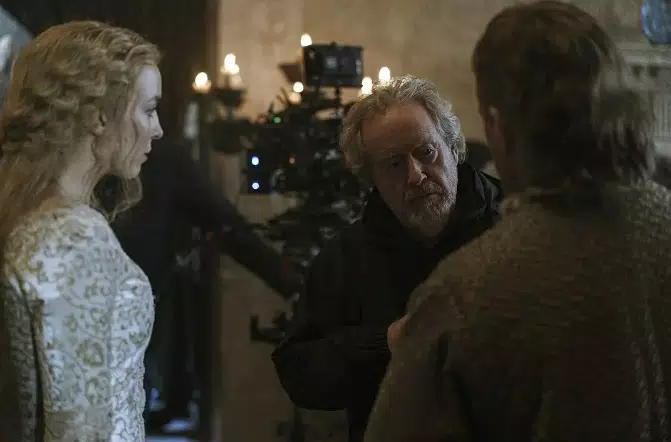

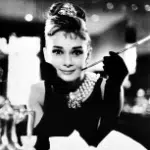




Share your thoughts!
Be the first to start the conversation.